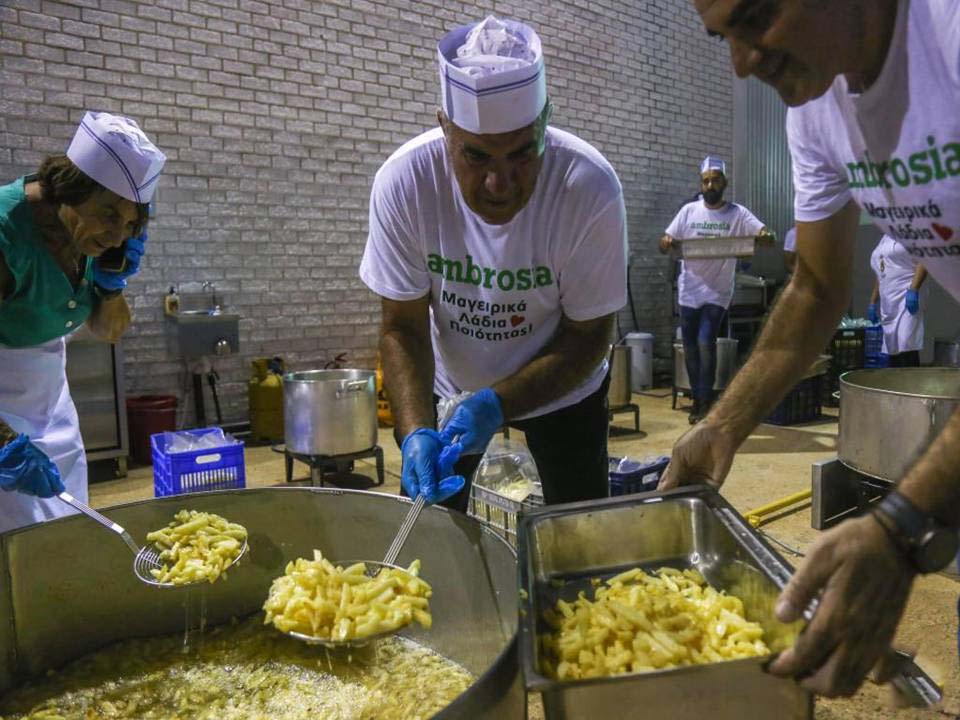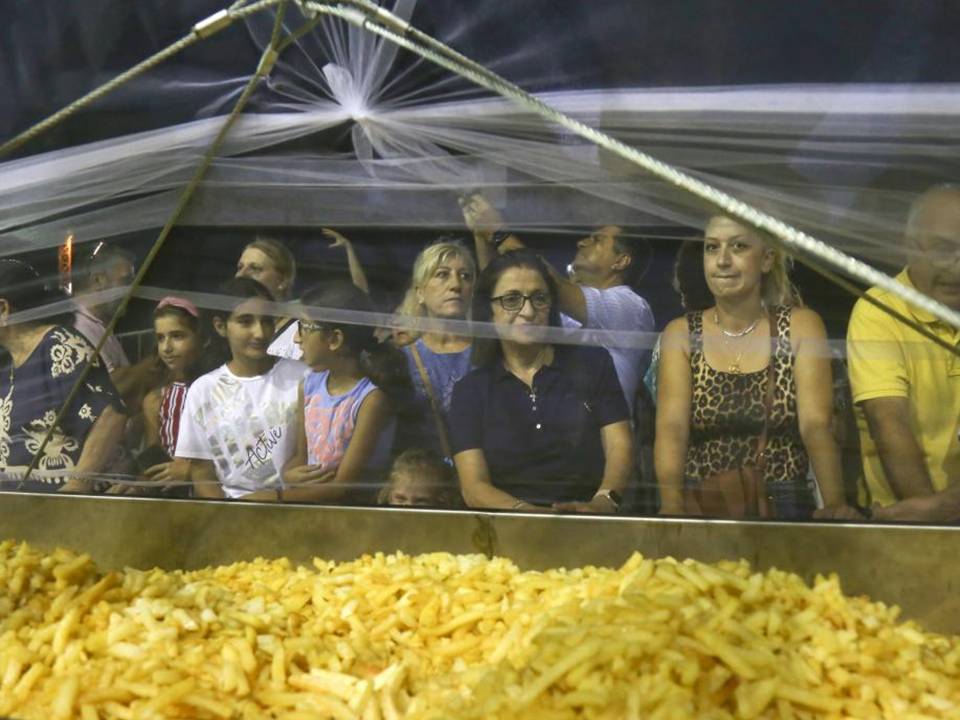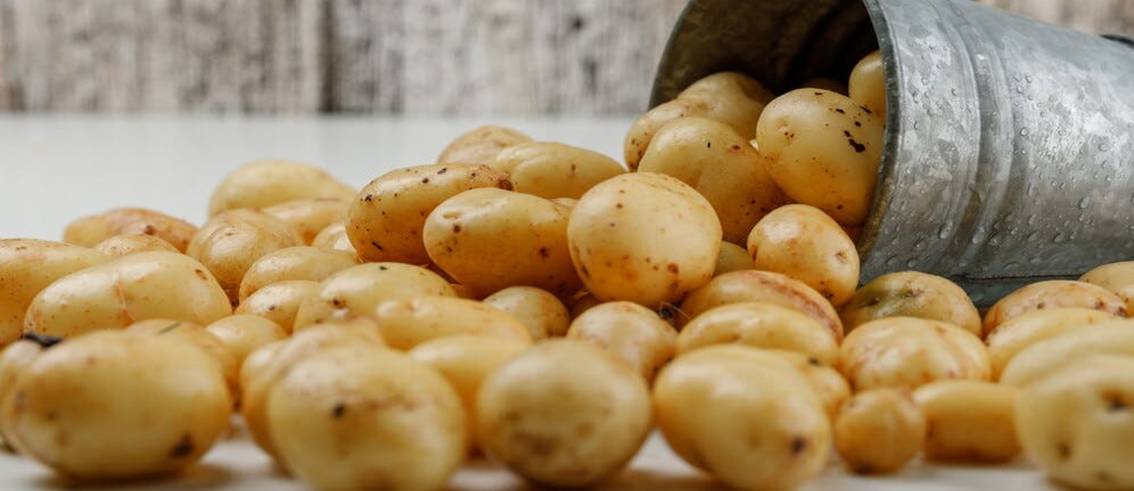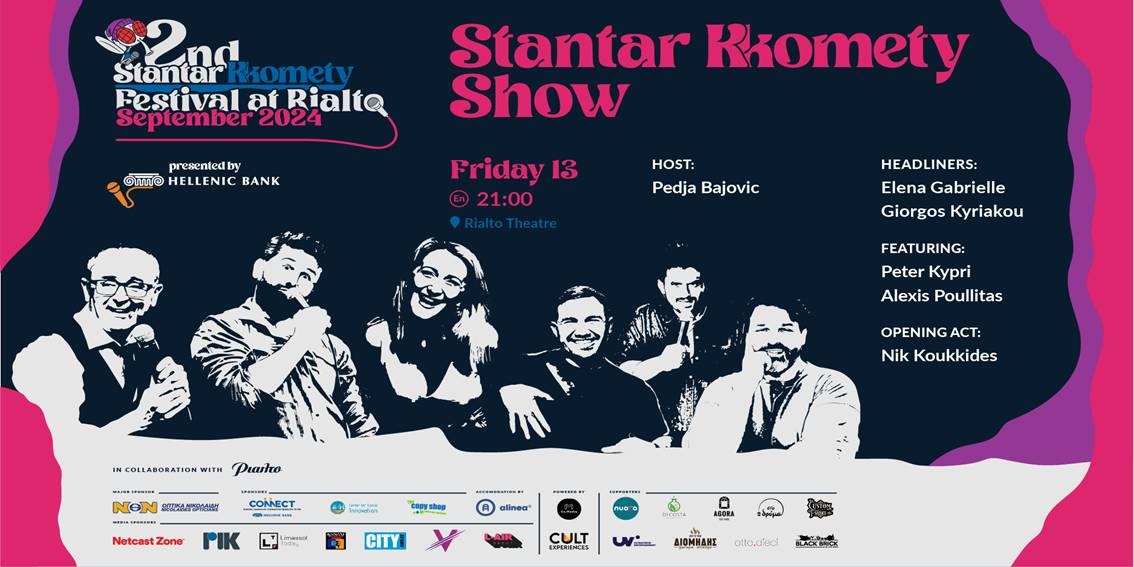The Annual Potato Festival
The International Potato Festival in Xylofagou, Cyprus, celebrates one of the island’s key agricultural products—the potato. Held every year on September 20 in the village of Xylofagou, located in the Larnaca District, the festival highlights the importance of potato farming in the region. It also showcases Cypriot culture, traditions, and agricultural achievements.
History and Significance
Potato farming has a long history in Xylofagou. The village lies in the “Kokkinochoria” (Red Soil Villages) region, known for its rich, red soil. This soil, full of minerals, helps produce high-quality potatoes. Over time, Xylofagou and nearby villages have earned a reputation for growing some of the best potatoes in Cyprus. These potatoes are popular both locally and internationally.
The International Potato Festival was created to honour this agricultural legacy. It promotes the region’s potatoes globally and gives local farmers a platform to showcase their produce. Chefs also use the festival to demonstrate the potato’s versatility in cooking. Visitors get a chance to experience rural Cypriot culture and traditions.
Festival Activities and Highlights
The festival runs for several days and offers activities for all ages. Food stalls are a major attraction. Visitors can try a wide range of potato-based dishes, from traditional Cypriot recipes to creative new dishes. Popular options include “patates antinahtes” (salted potatoes), “patatokeftedes” (potato fritters), and even potato desserts.
Cooking competitions are another key feature. Local and international chefs compete to create the tastiest and most innovative potato dishes. These contests entertain the crowd and teach people about cooking techniques and the nutritional benefits of potatoes.

Live music and dance performances add to the festive atmosphere. Folk dance groups perform traditional Cypriot dances like the “syrtos” and “kalamatianos.” Musicians play traditional instruments such as the “bouzouki” and “laouto.” These performances encourage visitors to join in the dancing and celebrate with the locals.
Agricultural exhibitions are a unique part of the festival. They show the entire potato production process, from planting to packaging. Visitors learn about modern farming techniques and equipment. They can also take part in hands-on activities like potato planting. These exhibits are especially educational for children, helping them understand where their food comes from.
Family-friendly activities include games, rides, and craft workshops. Kids can enjoy potato sack races, make potato-themed crafts, or ride amusement attractions. These activities ensure the festival is fun for everyone.
Economic and Cultural Impact
The International Potato Festival boosts the local economy. It draws thousands of visitors, including international tourists. Local businesses like hotels, restaurants, and shops benefit from the increased traffic. Farmers and producers also gain exposure for their products.
Culturally, the festival preserves and promotes Cypriot traditions. By celebrating the potato, it highlights the importance of agriculture in Cypriot identity. It also showcases the island’s culinary heritage. The event strengthens community bonds in Xylofagou, as residents

work together to organize and participate in the festival. This ensures traditions are passed down to future generations.
Conclusion
The International Potato Festival in Xylofagou is a special event that celebrates the region’s agricultural roots and Cypriot culture. It brings together locals and visitors for a joyful celebration of the potato. Through its diverse activities and lively atmosphere, the festival highlights the potato’s versatility and importance. It also reflects the enduring traditions and community spirit of rural Cyprus.




